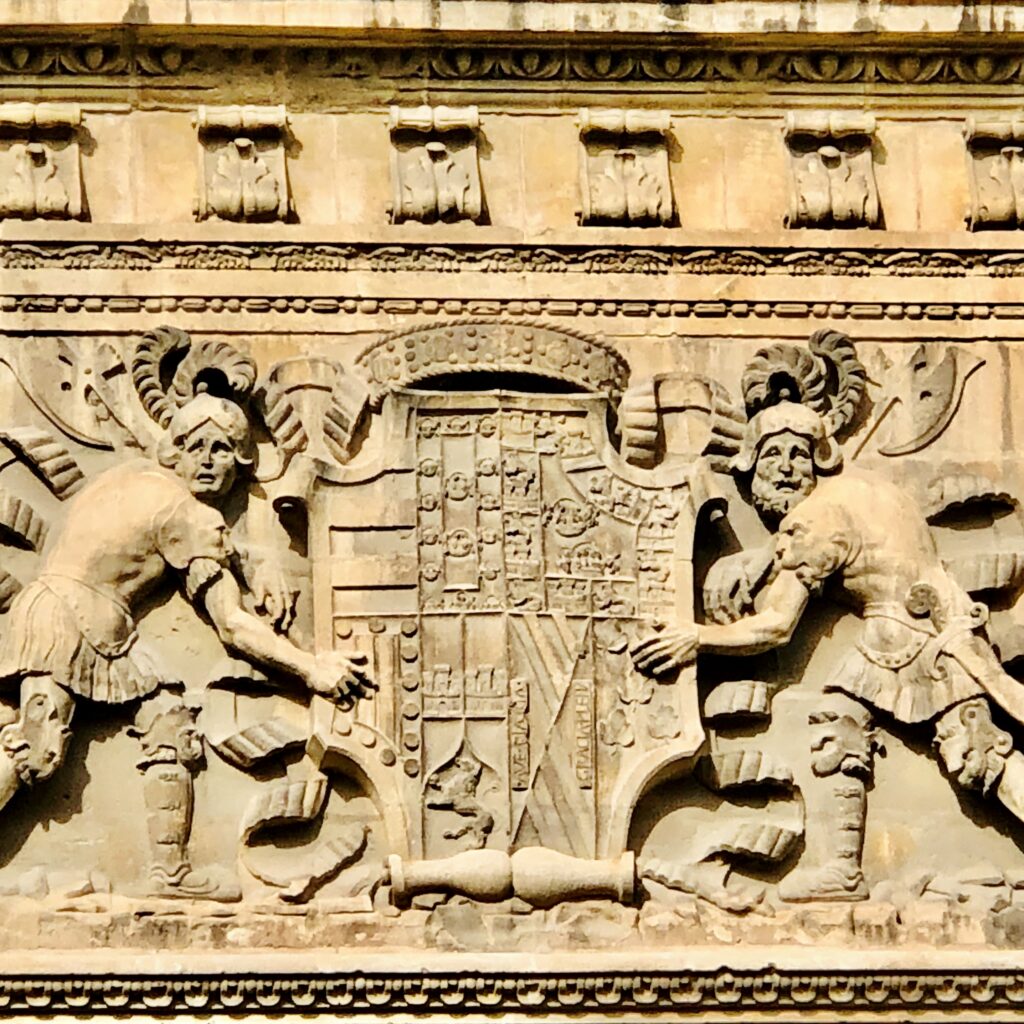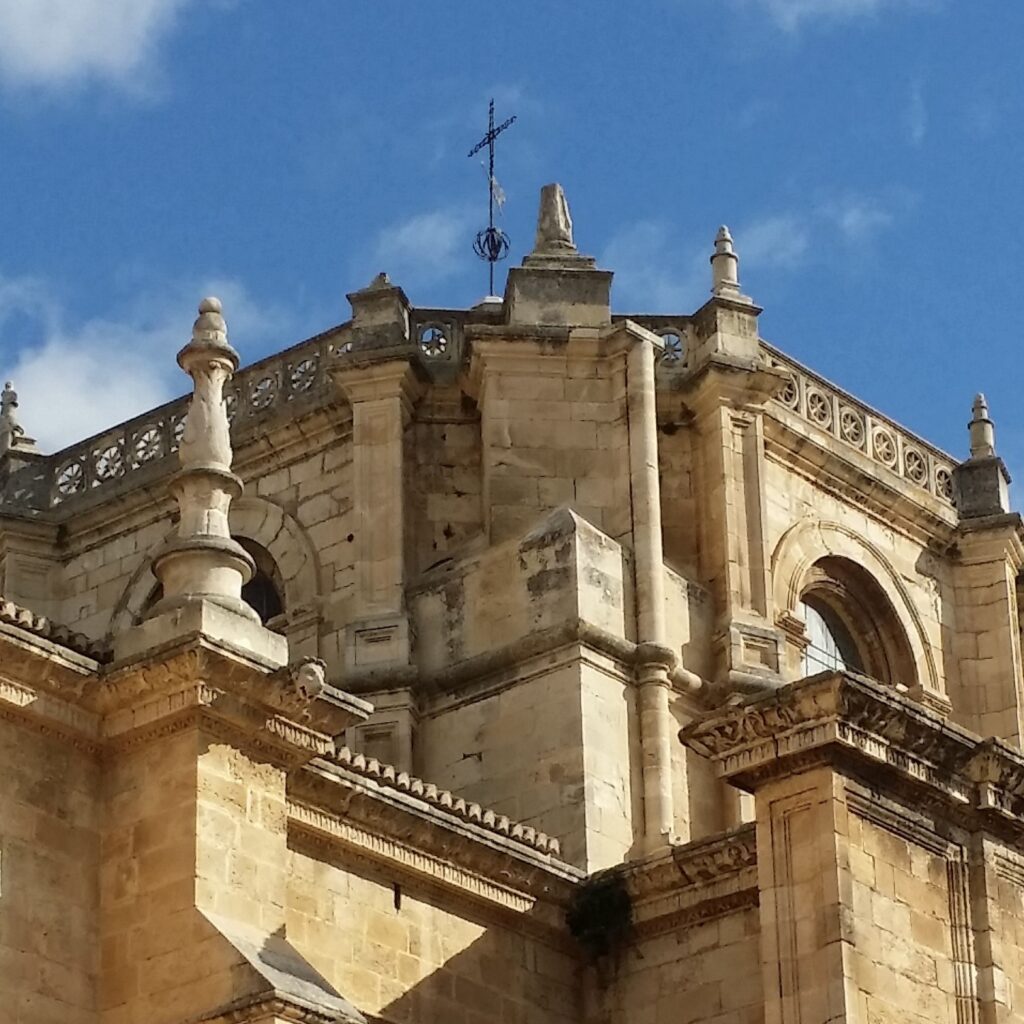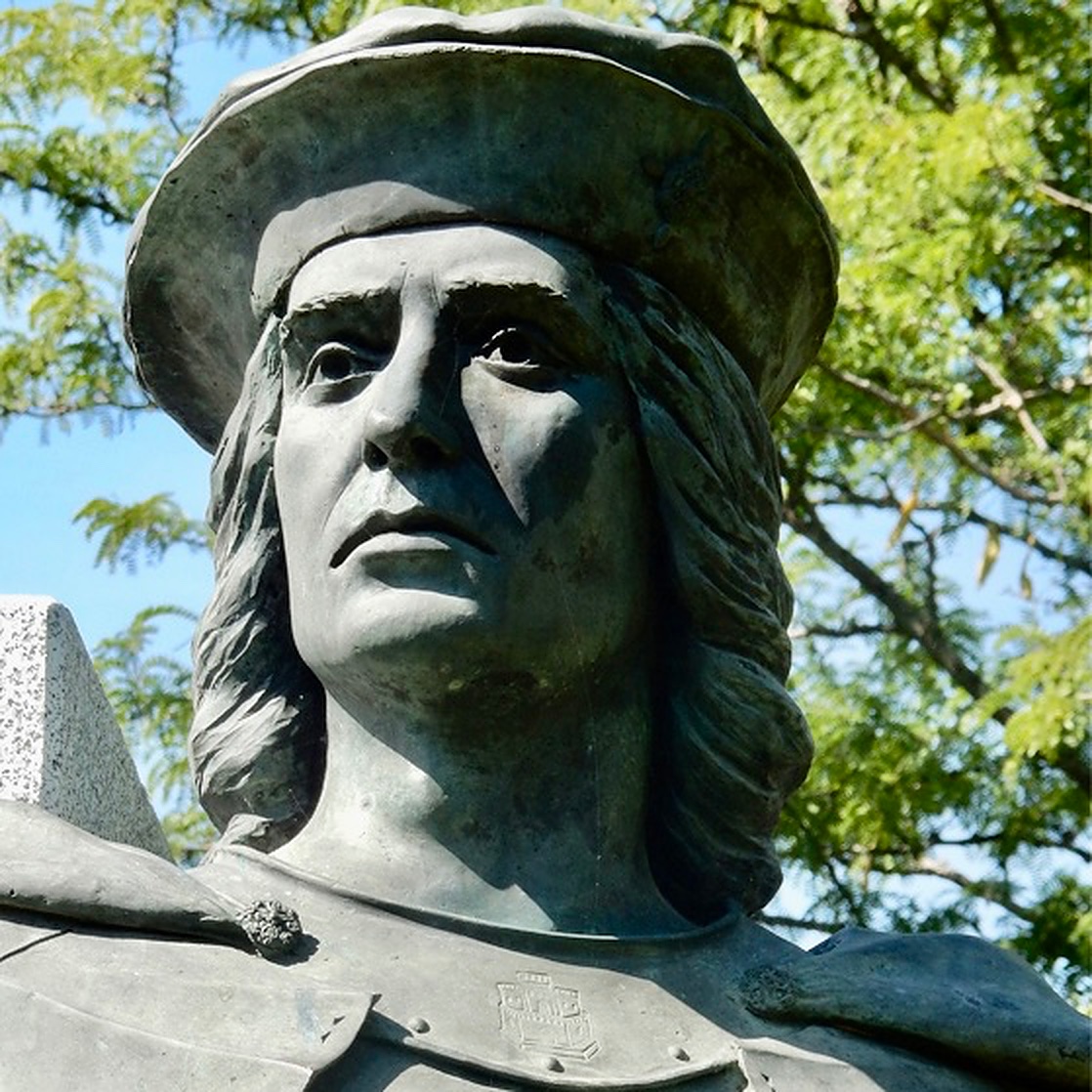Table of Contents
The Great Captain, Gonzalo Fernández de Córdoba
Have you ever heard about The Great Captain?
Gonzalo Fernández de Córdoba, also known as ” El Gran Capitán”, was recognised to be one of the greatest masterminds of Spanish warfare.
He transformed pawns, hitherto an unimportant element, into a battle-hardened and disciplined infantry.
His courage and example led men to victory, and his brilliant intelligence made him a tactics innovator .
This article presents the character of an adopted son of Granada, but above all the personality of a brilliant and honorable man, who was able to keep up with his time.
And also the Monastery of San Jerónimo, declared a national monument on 4th June 1931.
An Asset of Cultural interest in the National and Regional Catalogs, where he was buried.
The Great Captain, who was Gonzalo Fernández de Córdoba?

The Great Captain, is one of the most fascinating characters in the history of Granada, and his indelible legacy is still imprinted on the memory of this magnificent city.
Gonzalo Fernández de Córdoba was born on 1 September 1453 in Córdoba.
His father died when he was still a child and he was sent to the city of Córdoba to be educated by a family relative.
At that time Castile was divided into two factions, one in favor of the legitimate king, Henry IV, and the other in favor of the claimant, Prince Don Alfonso.
As Gonzalo was the second son, while still very young, he was sent to Ávila to serve as a page to Prince Don Alfonso.
This is how he took part in the War of Succession campaigns until the death of Henry IV.
And, in the battle of La Albuera, Gonzalo Fernández de Córdoba received his first military duty.
On that occasion he was no longer a page but commanded a company of 120 horsemen.
Towards century’s end, the Catholic Monarchs undertook the reconquest of the Kingdom of Granada to expel the Moors from Spain.
The Great Capitan was part of the army mobilized and, thanks to his courageous achievements in combat, the Catholic Monarchs granted him with Royal recognition
King Ferdinand commissioned Gonzalo to establish with Boabdil, the last Nasrid king, the conditions for the surrender of Granada in 1492.
Gonzalo Fernández de Córdoba, better known as El Gran Capitán, was not only a 15th-century Spanish military officer.
This medieval nobleman rose from second-in-command to mediator of the Nasrid sultans and commander-in-chief of troops in Italy.
But how this simple man managed to win the respect and admiration of all those who knew him, and even became the creator of the first professional Spanish army?
The Great Captain, master of strategy, exceptional person and brave warrior

From a very early age, Gonzalo Fernández de Córdoba demonstrated to have a great languages ability.
He was fluent in Spanish and also in Algarabía, a dialect that mixed Arabic with Spanish.
This ability helped him not only he became a trusted man to parley and liaise between the Catholic Monarchs and the Nasrid sultans.
But also it allowed him to spy and learn about Muslim military strategy.
As a result, he went from being a mere page boy to becoming an eloquent politician and a courageous military leader.
He thus took an active part in the war effort in Granada and was then posted to Italy.
And, it was in Italy where Gonzalo Fernández de Córdoba became the Great Captain.
There, he managed to transform combat methods, the army’s organization, the use of weapons, and established a well-defined rank and file with strict discipline.
However, his greatest achievement was his humanity.
Firstly, The Great Captain used to acknowledge each member of his troops and referred to them by name.
Secondly, he always insisted on loyalty, bravery and honor, which held his army together and earned him international admiration.
He was even respected by the captains of different countries, who revered him because he could win battles as well as people’s will.
Even Pope Alexander VI awarded him with the highest pontifical honor: the Golden Rose, a distinction reserved to emperors, empresses, kings, queens and dukes.
Gonzalo Fernández de Córdoba recognised Ferdinand the Catholic as King of Sicily and ruled on his behalf.
However the relationship between the King and the Great Captain weakened and he was forced to return to Spain, settling in Loja, away from the court.
Finally, Gonzalo Fernández de Córdoba, creator of the Spanish professional army and promoter of the Infantry, died in Granada in 1515.
The Great Captain, and the Monastery of San Jerónimo

Honouring his memory, his wife, María Manrique de Figueroa y Mendoza, with Emperor´s Charles V permission founded a patronage for him and his successors.
She also proposed the hero should have a tomb worthy of his deeds, and no doubt she succeeded in this.
The Church of the Monastery of San Jerónimo honors Gran Capitán’s heroic virtues like the great medieval knight he was during his lifetime.
It is said that crowds of people, officers and knights paraded past his funeral as if he were a king.
The Monastery consists of the Church of San Jerónimo and two cloisters surrounded by the different rooms and some chapels.
The main cloister is decorated with orange trees and its seven doorways leading to the different chapels.
On one corner of the Monastery stands the Church of San Jeronimo, the most spectacular part of the visit.
Built in the 16th century, it is definitely one of the most spectacular churches in Granada.
In particular, its minerist altarpiece is located in the main chapel where Gonzalo Fernández de Córdoba.
The Great Captain, is buried together with his beloved wife, María Manrique de Figueroa y Mendoza
This jewel of a Renaissance, magnificent example of Andalusian sculptural masterpiece, represents the greatest and most heroic scenes in the life of this nobleman and brave warrior.
‘The bones of Gonzalo Fernández de Córdoba, who with his bravery earned the title of Great Captain, lie here in this tomb until eventually they return to the everlasting light. His glory was by no means buried with him’.
Contact me and let us discover together the Monastery of San Jerónimo and the exciting life of the last Knight of the Middle Ages: the Great Captain.




Comment (0)